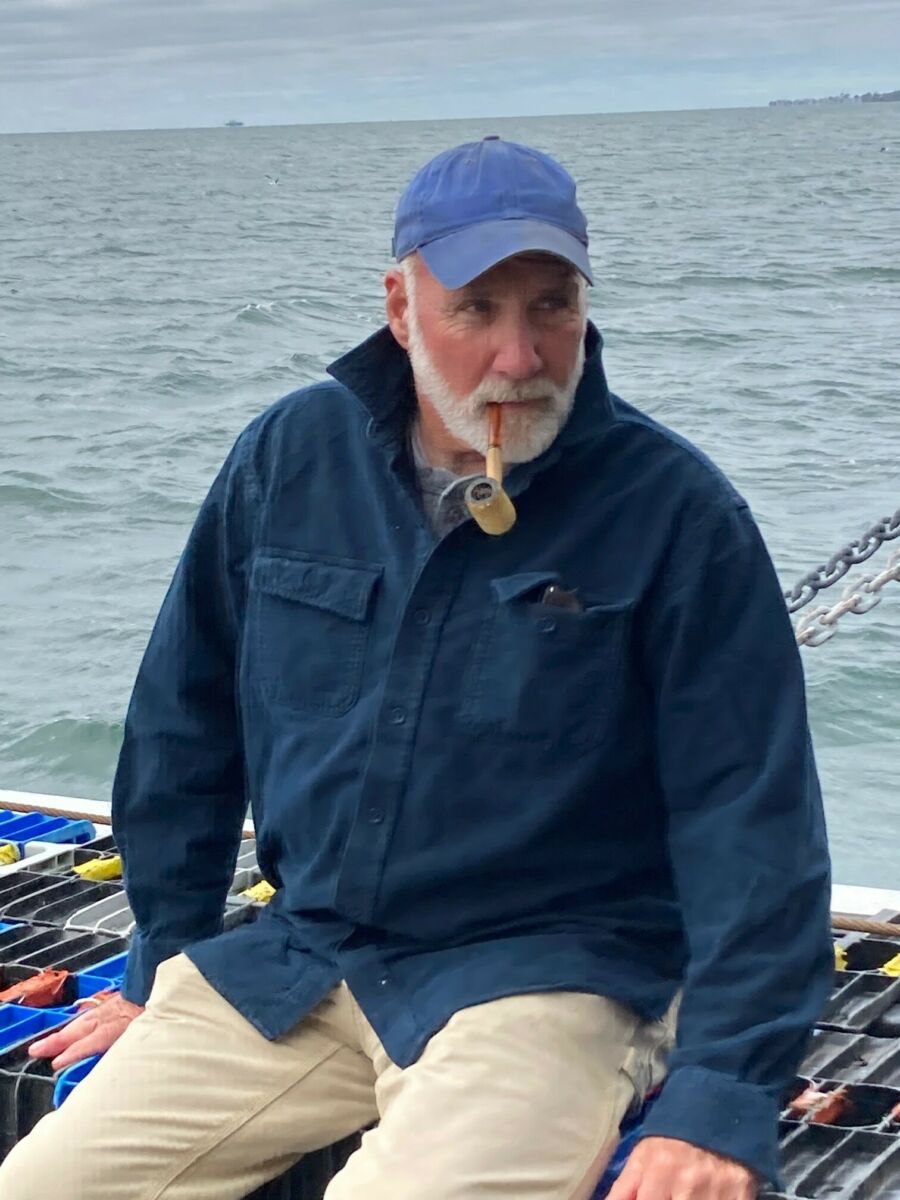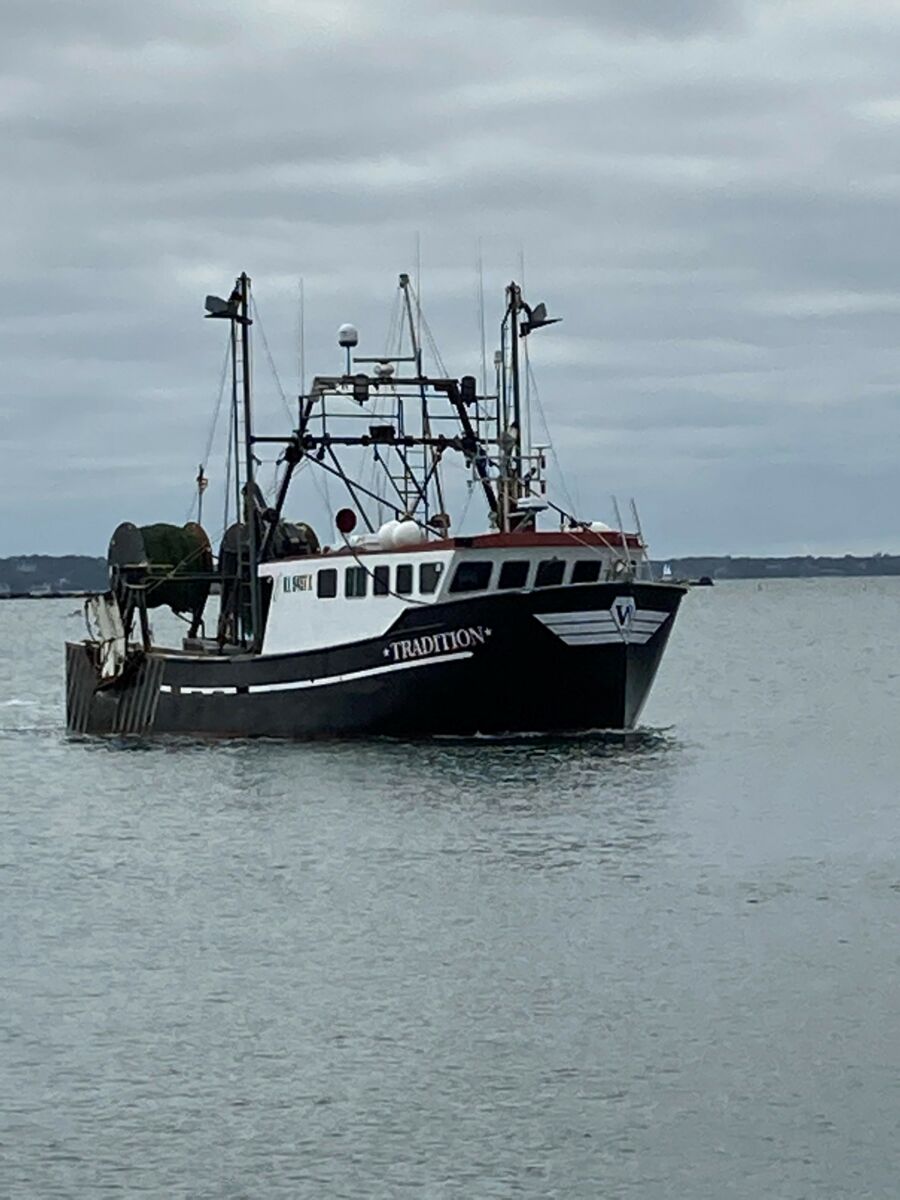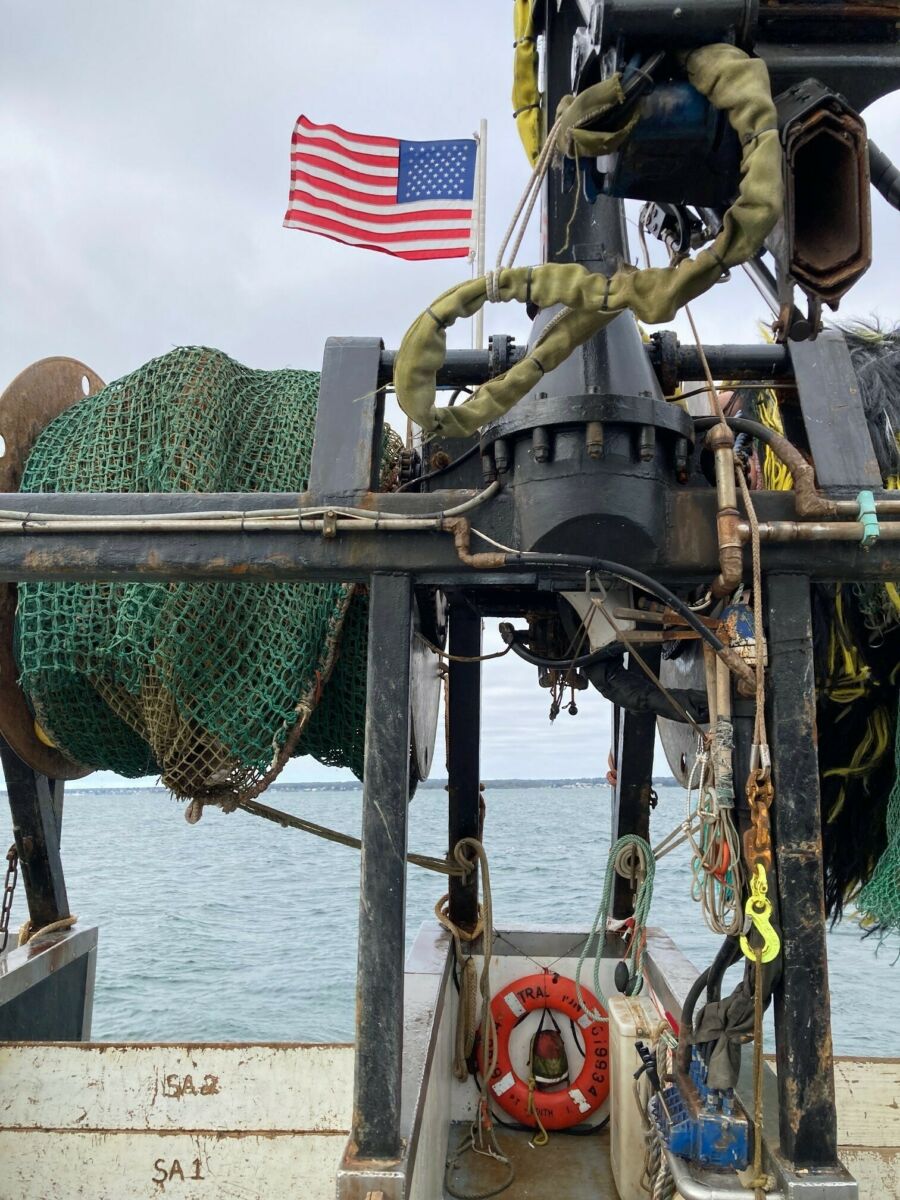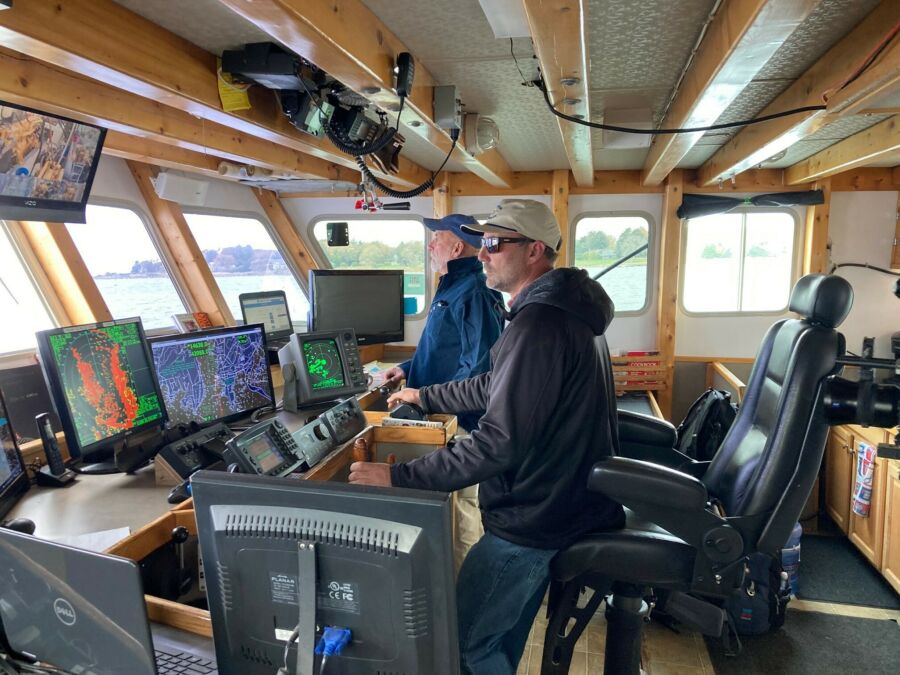
Tom Williams is silent as his son Aaron talks about fishing in the waters off Rhode Island—something Aaron has done his whole life, from helping his father to captaining his own trawler. It’s a tradition he now thinks about passing down to his children.
“I remember my dad griping about the cold northeast wind,” Aaron said. “Now I’m that guy. Showing my age, I guess.”
He may not get the chance to pass on the tradition. Planned offshore wind farms in the areas where he and many other boats fish—for everything from fluke to squid to scup (also known as porgies)—threaten to block their access, entangle their nets and disrupt the delicate seabed environment with miles and miles of buried cable covered over with chunks of boulders, sand bags and other debris.

“If that is allowed to happen,” Aaron’s father, Tom, adds, “It’s over. We can’t fish.”
An area that has been sustainably fished for nearly 400 years will be off-limits to the men and women who feed much of the nation.
In December, the Texas Public Policy Foundation filed a lawsuit against the Biden administration challenging the approval of the Vineyard Wind Project off the coasts of Massachusetts, Rhode Island and New York. The project would severely harm the commercial fishing industry in the area and destroy the lives of countless families, as well as create irreparable harm to the environment and ocean wildlife. Tom and Aaron Williams are two of our clients.
Vineyard Wind 1 is the first phase of the project, and ground was broken shoreside in November. More will follow south of Martha’s Vineyard and  Nantucket, and soon throughout southern New England waters. Eventually, the plan is for thousands of offshore wind farms all along the Atlantic coast, the Gulf of Mexico and off the Pacific coast of the nation.
Nantucket, and soon throughout southern New England waters. Eventually, the plan is for thousands of offshore wind farms all along the Atlantic coast, the Gulf of Mexico and off the Pacific coast of the nation.
The federal government knows full well what impact that will have; it admitted in its Final Record of Decision that “due to the placement of the turbines, it is likely that the entire 75,614-acre area will be abandoned by commercial fisheries due to difficulties with navigation.”
“In approving the Vineyard Wind project, the federal government trampled the rights of Americans to pursue its misguided goal of developing offshore wind energy at any cost,” said Ted Hadzi-Antich, Senior Attorney for TPPF’s Center for the American Future. “In the process, it violated multiple federal statutes that protect the environment, national security, commercial fishing, and the nation’s food supply. Our lawsuit aims to protect the communities that depend on fishing to support their families, as well as ensure the areas do not become wastelands for marine wildlife.”
But here in Rhode Island, those families will continue for fish—for now. And they’ll fight the federal government to preserve the only way of life they’ve ever known.
